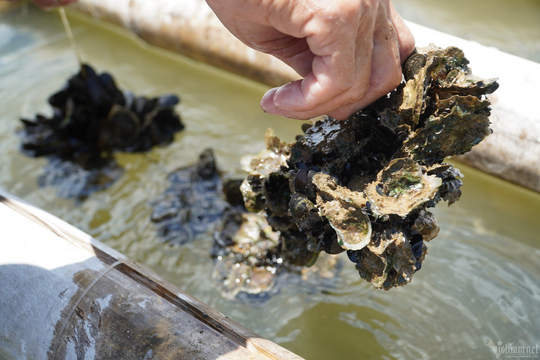Will the US under Biden be as tough on China in the East Sea as it was under Trump?
There are many signs that the future US administration under Joe Biden will be as tough on China in the East Sea as the current Donald Trump administration.
The transition of power in the US is about to take place between Donald Trump and Joe Biden. There are few signs that the US or China will make concessions to each other on the East Sea or Taiwan issues.
The Joe Biden administration has sent signals that it will be tough on China, sticking to the Trump administration's tough policy on China.
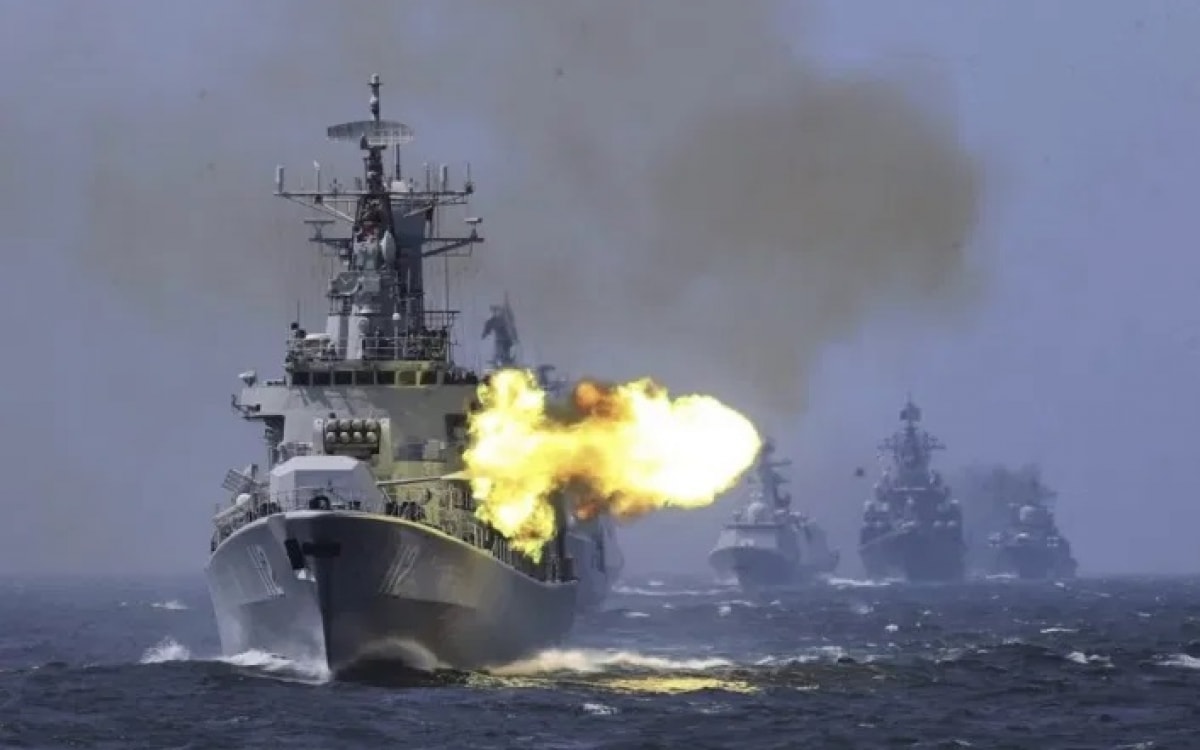
Jake Sullivan, Mr. Biden’s pick for national security adviser, recently called for increased freedom of navigation operations against China in the South China Sea — an escalation of Mr. Trump’s policy.
“Together with our partners, we should devote additional resources to ensuring, enhancing, and maintaining freedom of navigation in the South China Sea,” Sullivan said.
China's militarization moves in the East Sea
The People's Liberation Army Navy (PLAN) recently conducted five live-fire exercises in the South China Sea, mobilizing both Harbin Z-9 helicopters and advanced anti-ship missiles.
The exercises took place in Sanya, located at the southern tip of Hainan Island, where China launched its domestically built aircraft carrier Shandong in December 2019.
These provocative exercises follow unprecedented “four seas” naval and air force exercises held by the Chinese military in nearby waters in recent months.
Satellite images show that China has made progress in building a new dry dock in Hainan – a facility that will be large enough to accommodate China's new generation T-003 supercarrier.
The Asia Maritime Transparency Initiative at the Center for Strategic and International Studies in Washington (USA) stated in their new study that Chinese military activities in the region, including exercises, training, and port calls, increased by 50% from 44 activities in 2019 to 65 activities in 2020, according to analysis of news from Chinese state media.
The Trump administration has done a lot in the South China Sea in the past four years.
The US freedom of navigation operations have become the strongest challenge it has posed to China’s unreasonable sovereignty claims. US warships now sail within 12 nautical miles of the entities that China (illegally) occupies in the South China Sea.
Other major US partners (such as Japan, the UK, France, and India) have also undertaken similar “outreach” operations, but at a less confrontational level.
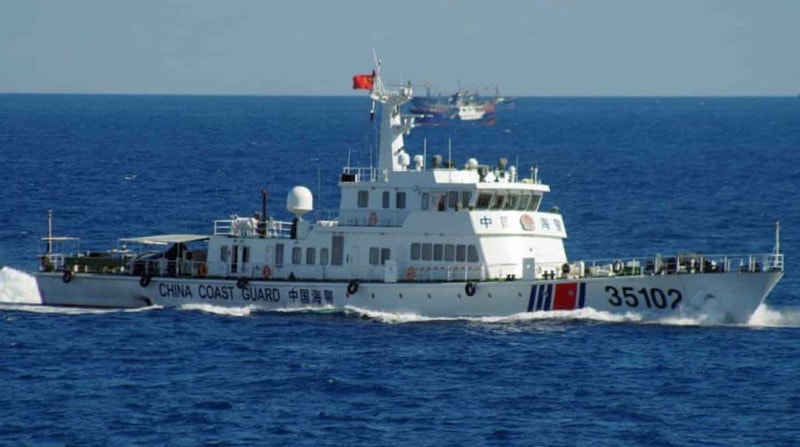 |
| China escalates “unprecedented” misconduct in the East Sea. |
The European warships did not enter within 12 nautical miles of the features, but they went close enough to demonstrate their opposition to Beijing's maritime claims and the threat to freedom of navigation and overflight in the area.
Australia also consistently conducts air patrols in the South China Sea, implicitly reaffirming the rights of non-claimant states to access international sea lanes.
In early 2020, the Australian navy joined the aforementioned US freedom of navigation operation in this area.
Over the past four years, the Trump administration has taken a significantly tougher stance onEast Sea issueThe number of freedom of navigation operations has increased from two to three under President Obama to 10 in 2019.
Despite being severely affected by the Covid-19 pandemic (with the USS Roosevelt forced to stay in port due to an outbreak on board), the US Navy's Indo-Pacific Command still managed to conduct eight such exercises this year (2020).
In addition to increasing the number of freedom of navigation operations, the Trump administration has also increased their quality. The US often simultaneously deploys two modern warships deep into waters that China claims as its own, including Scarborough Shoal, which is located within the Philippines' exclusive economic zone.
Sometimes these freedom of navigation operations come in short bursts, with two such operations held in the space of two days this year.
The Trump administration has also flown aircraft to accompany its naval vessels on patrols. It is known that 2,000 aircraft reconnaissance missions were carried out in the area in the first 6 months of 2020.
In addition, for the first time since the end of World War II, the Pentagon has coordinated with the US Coast Guard to conduct joint patrols in the South China Sea to enhance the capabilities of regional allies.
The move coincides with the US expanding military finance and military exports to partner countries on the front lines of countering China. The US has provided modern fighter jets to the Philippines – one of China’s rivals in the South China Sea.
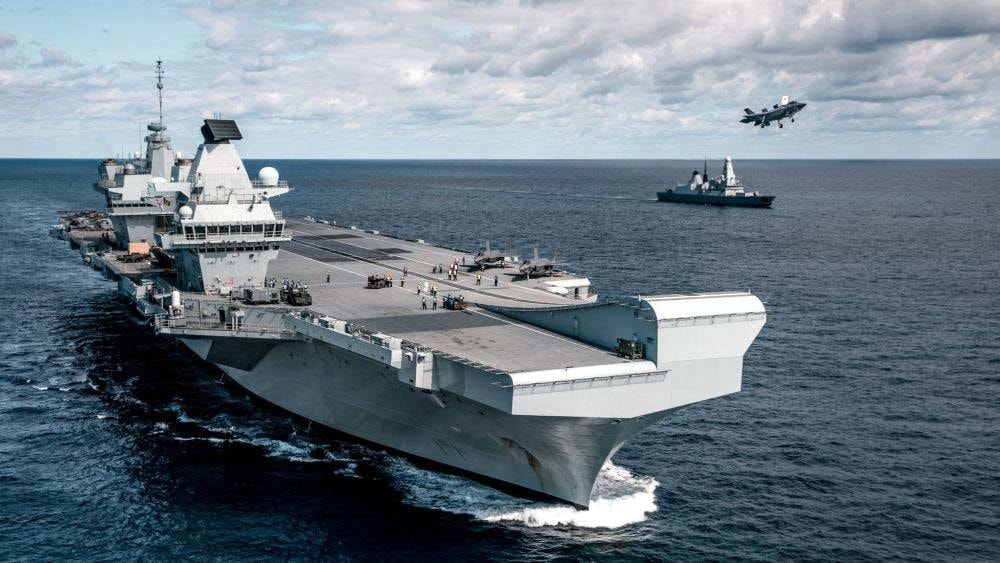 |
| France, UK, Germany issue joint note and legal battle in East Sea. Illustrative photo |
The Trump administration has also taken the unprecedented step of backing China’s rivals in the South China Sea, signaling its commitment to come to the rescue of allies like the Philippines if a direct conflict breaks out between them and China in the South China Sea.
Taiwan's spearhead
Not only that, the US has recently stepped up its support for Taiwan (China). China views Taiwan as a breakaway province that needs to be brought back under Beijing's control.
The Trump administration sold a total of $5 billion worth of arms to Taiwan in 2020. Top US officials, such as Rear Admiral Michael Studeman and US Health Secretary Alex Azar, made unprecedented visits to the island.
The Trump administration has so far made 11 arms sales to Taiwan, including a $280 million field communications system. The new shipment is designed to provide “mobile and secure communications” to help the island “modernize its military communications capabilities” as it faces threats from Beijing’s conventional and electronic warfare, according to the Defense Security Cooperation Agency.
The US recently approved the sale to Taiwan of MQ-9B remotely piloted armed aircraft.
In a speech, former US diplomat in charge of East Asia - Kurt Campbell, who is likely to become President-elect Joe Biden's top policy adviser, made clear that the US is bipartisan in supporting Taiwan.
“There is a broad group of politicians who understand the profound strategic importance and strategic interest we have in maintaining a strong relationship with Taiwan,” Mr. Campbell said.
This statement could be a signal that the future Biden administration may continue to support Taiwan despite China's objections./.

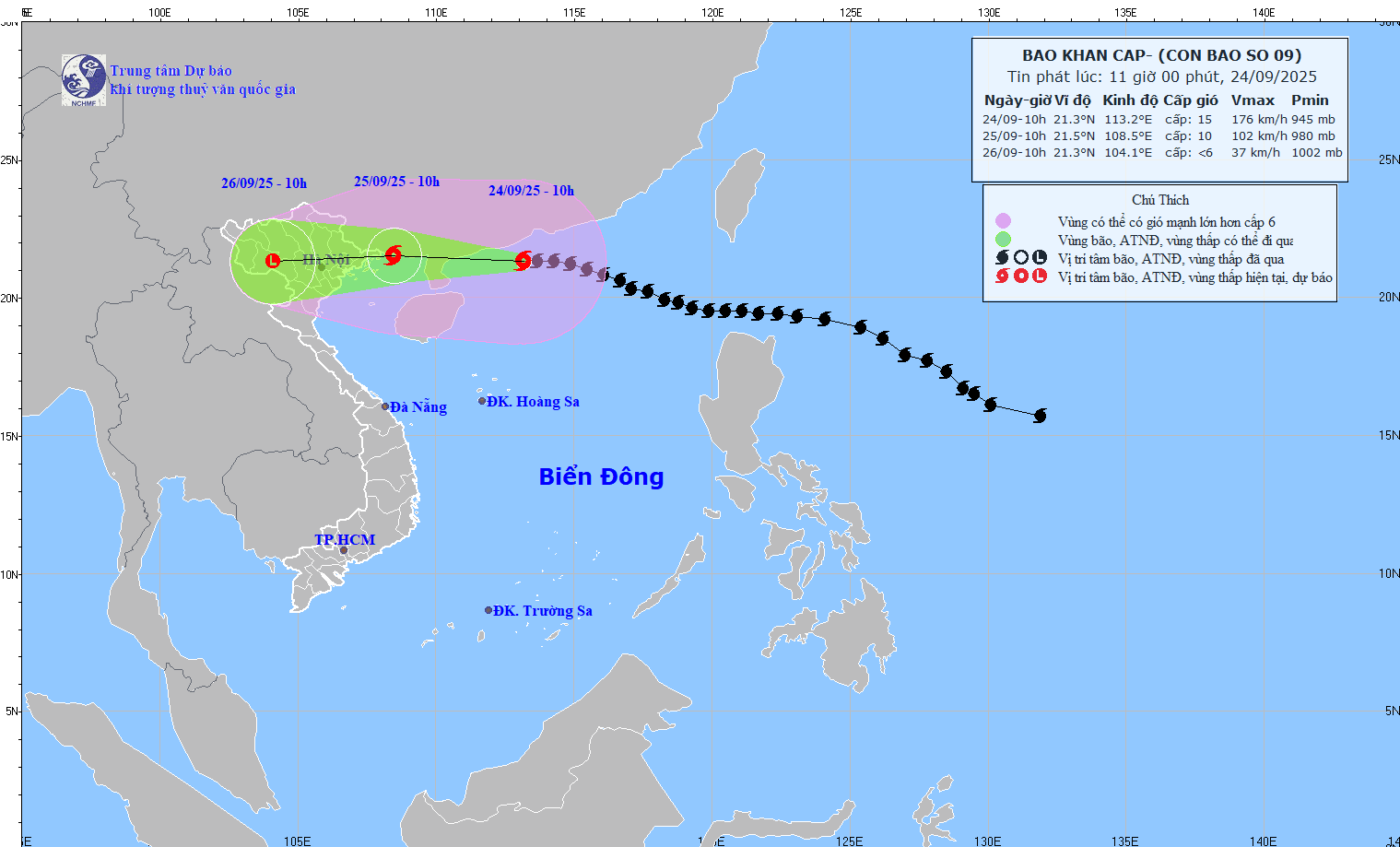

.jpg)

